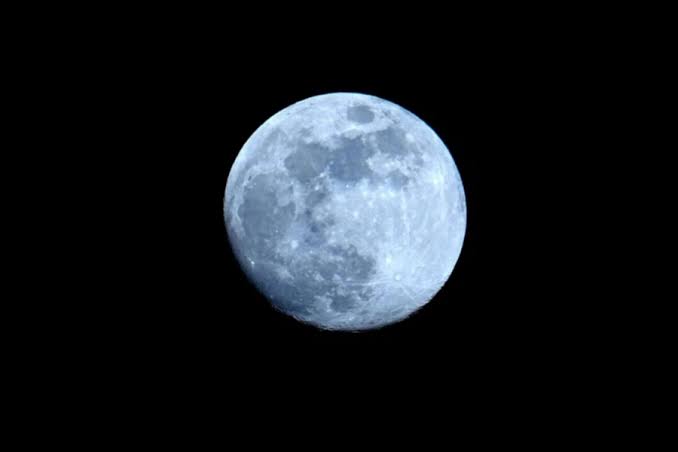
On Friday, the local news in Kashmir was abuzz with a doctor from the valley had bought a piece of land on the moon.
The quest for human expansion into space has triggered widespread fascination, sparking conversations about the possibility of owning land on celestial bodies like the Moon.
This surge in interest coincides with the endeavors of pioneering companies such as SpaceX, Virgin Galactic, Blue Origin, and more recently, India’s Chandrayaan-3 mission, which collectively have brought the prospect of lunar exploration tantalizingly closer to reality.
Amid this fervor, numerous entities have emerged, presenting the opportunity for individuals to purportedly acquire a slice of the lunar surface. Companies like Lunar Embassy, Cosmic Register, and Moon Estates offer plots of land at seemingly bargain prices, bundled with certificates of ownership, satellite images, and even mineral rights.
This marketing strategy capitalizes on a perceived gap in the legal framework governing space ownership, exploiting ambiguities in the Outer Space Treaty of 1967, which was established to ensure that space remains a shared domain for all humanity.
However, the fundamental question lingers: Can one truly own land on the Moon? Legal experts assert that the Outer Space Treaty explicitly designates outer space as the province of all humankind, explicitly prohibiting the appropriation of celestial bodies by any nation.
This treaty, signed by a significant number of nations including the United States and India, effectively bars private ownership in space. Despite this, individuals and entities have attempted to stake claims to lunar territories, leveraging interpretations of antiquated laws and perceived legal loopholes to justify their land sales.
Dennis Hope’s case stands out as a prime example. Leveraging an interpretation that the treaty does not specifically mention individuals, Hope established Lunar Embassy in 1980, purportedly selling millions of acres on the Moon, even claiming prominent figures like former U.S. presidents among his buyers.
While such endeavors have attracted buyers globally, including in countries like India, legal experts maintain that selling what one does not own remains legally untenable.
In countries like India, enterprising individuals like Rajat Rajan have found a unique niche in the market by reselling lunar land bought from organizations like Lunar Embassy. Despite skepticism and challenges in the local market, Rajan has successfully sold plots to middle-class buyers who are intrigued by the novelty and the dream of interstellar ownership.
Beyond the allure of owning a piece of the Moon, the emotional resonance of ownership runs deep, particularly in cultures shaped by historical upheavals like India, where the notion of owning land represents stability, prestige, and belonging. This emotional connection, combined with the allure of space exploration, drives individuals to invest in what they perceive as a unique and symbolic gesture.
Legally, the situation remains complex.
Despite recent discussions such as the Artemis Accords, which outline guidelines for behavior in space and propose the establishment of heritage sites on the Moon, the legal framework for private ownership in space remains unclear.
Ashok G.V., a lawyer specializing in space law opined, “People are taking advantage of the fact that the jurisprudence of international space law is relatively under-evolved, and using this to sell things like land on the Moon. But you can’t sell something you don’t own; neither can you sell something that nobody owns.”
Legal experts continue to debate the viability of these sales within the context of existing international space law.
While some view lunar land purchases as symbolic gestures, others see them as speculative investments or symbols of hope for future space exploration.
As the debate continues, the fate of lunar land ownership hangs in the balance, with potential legal challenges and debates looming over the horizon.
